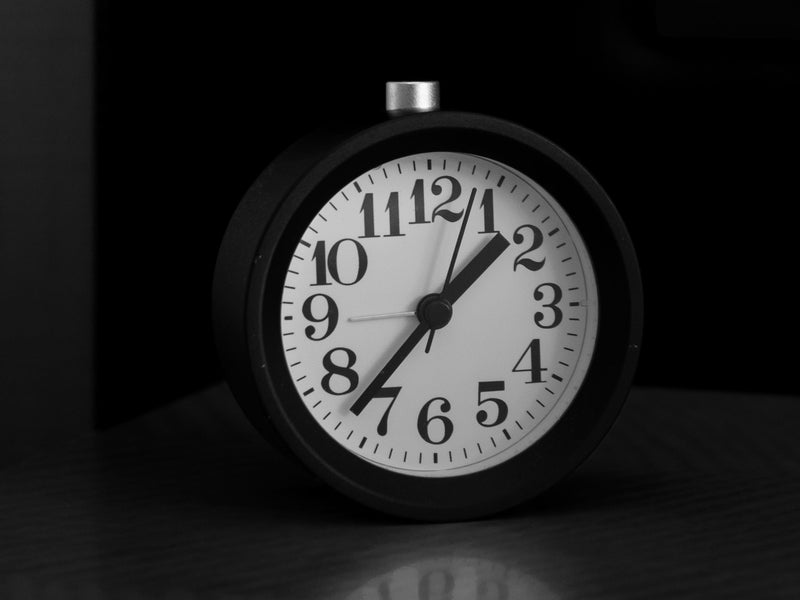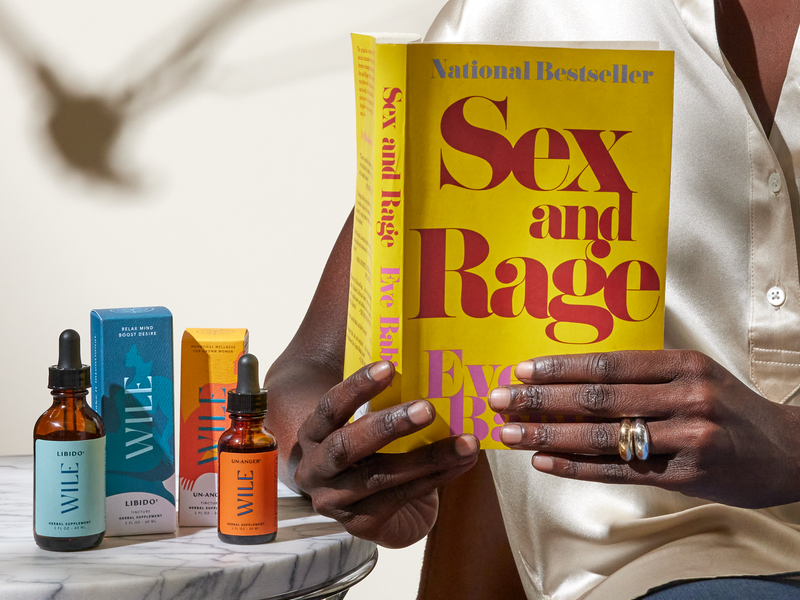Hormones. As soon as we enter puberty, they manage to rule our world and turn it topsy turvy.
The other thing that is dominating our world as women is stress. Women consistently rate higher in stress levels in studies conducted by researchers around the globe—we’re also less likely to feel like we have a good handle on it. Women are reporting that their stress levels are on the rise (especially since the beginning of the COVID-19 pandemic)—and they’re suffering emotionally, physically, and mentally.
Don’t believe us? Check out some of these scary stress quick facts:
- Women are more likely than men to report high-stress levels
- Women reported that their stress had increased exponentially in the past five years
- Women are more likely to suffer physical symptoms of stress including headaches, indigestion, and more
- Women are more likely to feel emotional about their stress levels, needing to cry more often and experiencing more fatigue
Now, take into consideration that this study is over a decade old and think about the stress women have been subjected to since March of 2020. Oof.
In addition to the stress stats above, this pesky emotion often makes us reach for our comfort foods, too—resulting in lots of stress-eating. All these things can be attributed to something as simple as our hormones. In fact, it’s one hormone in particular: cortisol.
Hold Up. Why Are Women’s Stress Levels So High?
Ever heard of the “do-it-all” generation? Picture Sarah Jessica Parker in I Don’t Know How She Does It, balancing being a mom, career woman, wife, daughter: “Even the moon gets to put its feet up once a month. Man in the Moon, of course. If it was a Woman in the Moon, she’d never sit down.”
Women aged 40 and up are more likely to be juggling multiple roles: caring for their children or elderly parents, being a breadwinner and homemaker, and a “good wife” all in one. Is it any wonder we’re struggling to keep it all together?
This overload doesn’t just end at home either. Women are also more likely to take on more at work while still maintaining all their responsibilities in the home. We need to shatter the glass ceiling, raise better humans, make environmentally-conscious decisions, not get old and not get fat either. Lean in, damnit! No pressure.
In the past century, the role women play in the world has changed drastically. We’re now able to achieve almost everything that men can (still waiting on more of those female presidents, though…) but we still haven’t quite figured out how to shift the burden of our traditional responsibilities. That means we’re juggling more balls, with more of those balls hitting the floor as a result.
And it’s not just women who are moms and wives either. There are so many areas in which women are pitted against each other: our looks, our friendships, our station in life. Once you start to list them all, it feels like a checklist of things to fail at. That’s when stress hormones, comfort eating, weight gain, and other self-esteem-killing symptoms show up.
The biggest culprit behind all this pressure is cortisol: the stress hormone monster. Let’s learn more about this all-powerful hormone and weight gain.
Cortisol: What It Is And Why It Matters
We’ve already mentioned that cortisol is the hormone responsible for stress in the body. Your cortisol hormone production center acts as a small control center for your fight-or-flight instincts. This means it works in conjunction with the brain to affect your mood, fears, and even drive you to take certain actions.
Some of the most important things in the body affected by cortisol include:
- Managing how the body processes nutrition like carbs, fats, and proteins
- Controlling your blood pressure
- Increasing your blood sugar levels
- Affecting your sleep cycle
- Impacting your energy levels
So what does this look like in the life of a real woman when cortisol production is out of control? It looks like stress-eating and non-stop worrying. It looks like struggling to squeeze into even your comfiest pants after reaching for overly sugary and carb-loaded snacks. It looks like lying awake at night thinking about your next deadline but barely being able to keep your eyes open during the day as you chug frothy coffee after coffee.
Sound familiar? You’re not alone. Under typical circumstances, once the stressful event you’re experiencing passes, your cortisol levels would stop spiking and start to normalize. But we all know that that’s not always possible. We’re often jumping straight from stressful events to stressful events with no break in between. That means we’re living with elevated cortisol levels all the time.
What does it mean for your cortisol levels to be elevated for so long? Nothing good, friends. The biggest factor is what it means for your stress hormone and weight gain. Cortisol tends to be associated with an increase in difficult-to-target belly fat, which can lead to further health issues like diabetes, hypertension, and more. Considering that we’re already so stressed out, this is an inevitability that many women come to face when it comes to their health.
How Wile Tackles Stress
Around 35 or 40, our female hormone levels naturally start to decrease. Stress and stress hormones often skyrocket. This disrupts our bodies and lives in big ways that few women know about.
Our clinically backed blends help mitigate hormonal shifts and stress so you feel and live better:
- Help even out mood
- Help increase mental focus
- Adaptogens support stress tolerance & resilience
- Support a healthy sleep habit
- Get ahead of perimenopause by starting before symptoms arise
- Make perimenopause easier without synthetic hormones
We know that life is stressful enough—you don’t need to be worrying about what you’re taking in too! That’s why we crafted our all-natural, no-fuss Perimenopause Support supplement, designed specifically women over 40's emotional and hormonal wellness.
Wile is founded and led by women over 40. We know the realities, so we built stress-resilience into every product in our line. Find the formats that work with your needs and your life, and know that the adaptogens, herbs and hormonal support designed specifically for this lifestage can help. Start with our quiz!
This article is intended for informational purposes and is not intended to replace a one-on-one medical consultation with a professional. Wile, Inc researches and shares information and advice from our own research and advisors. We encourage every woman to research, ask questions and speak to a trusted health care professional to make her own best decisions.




